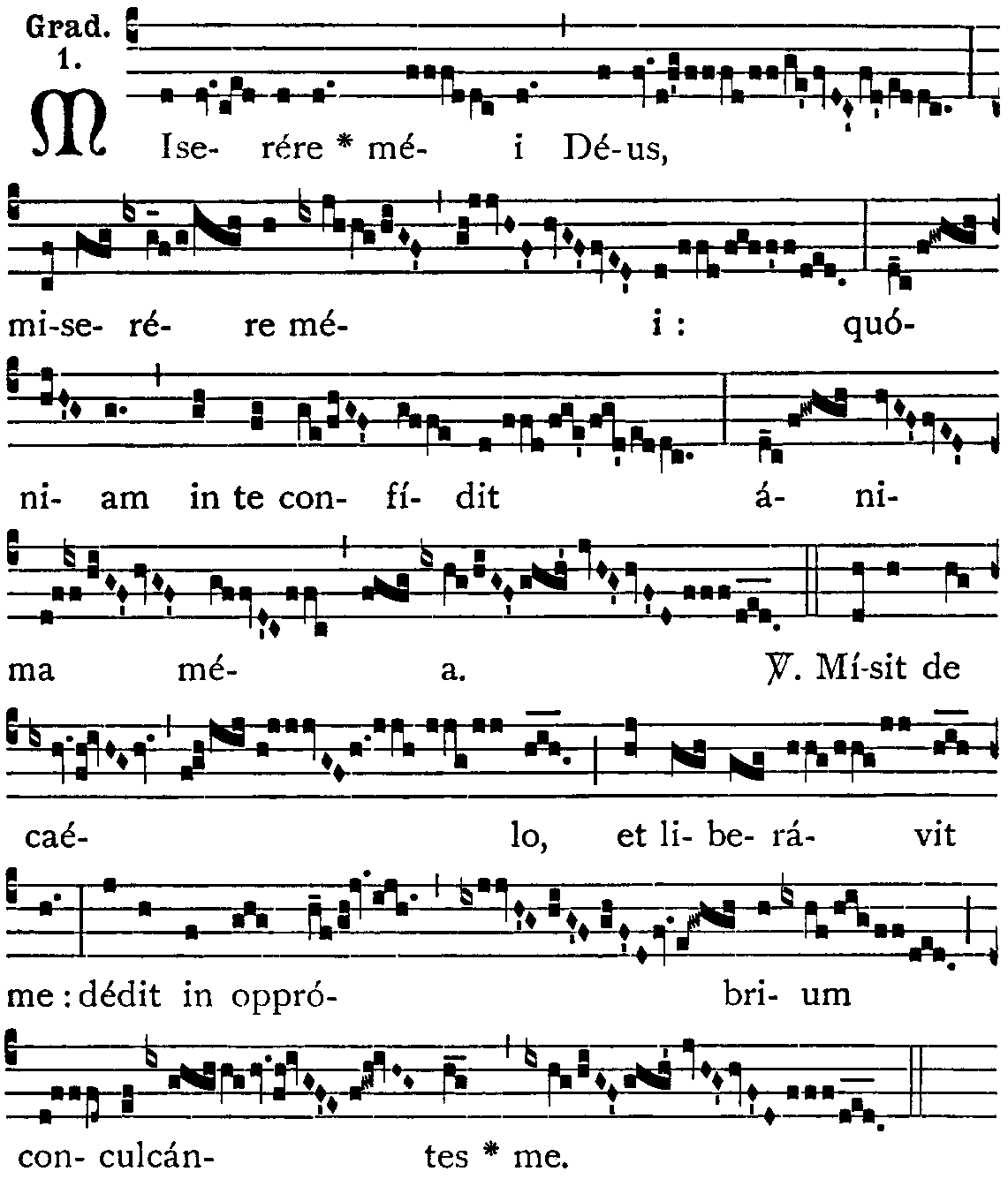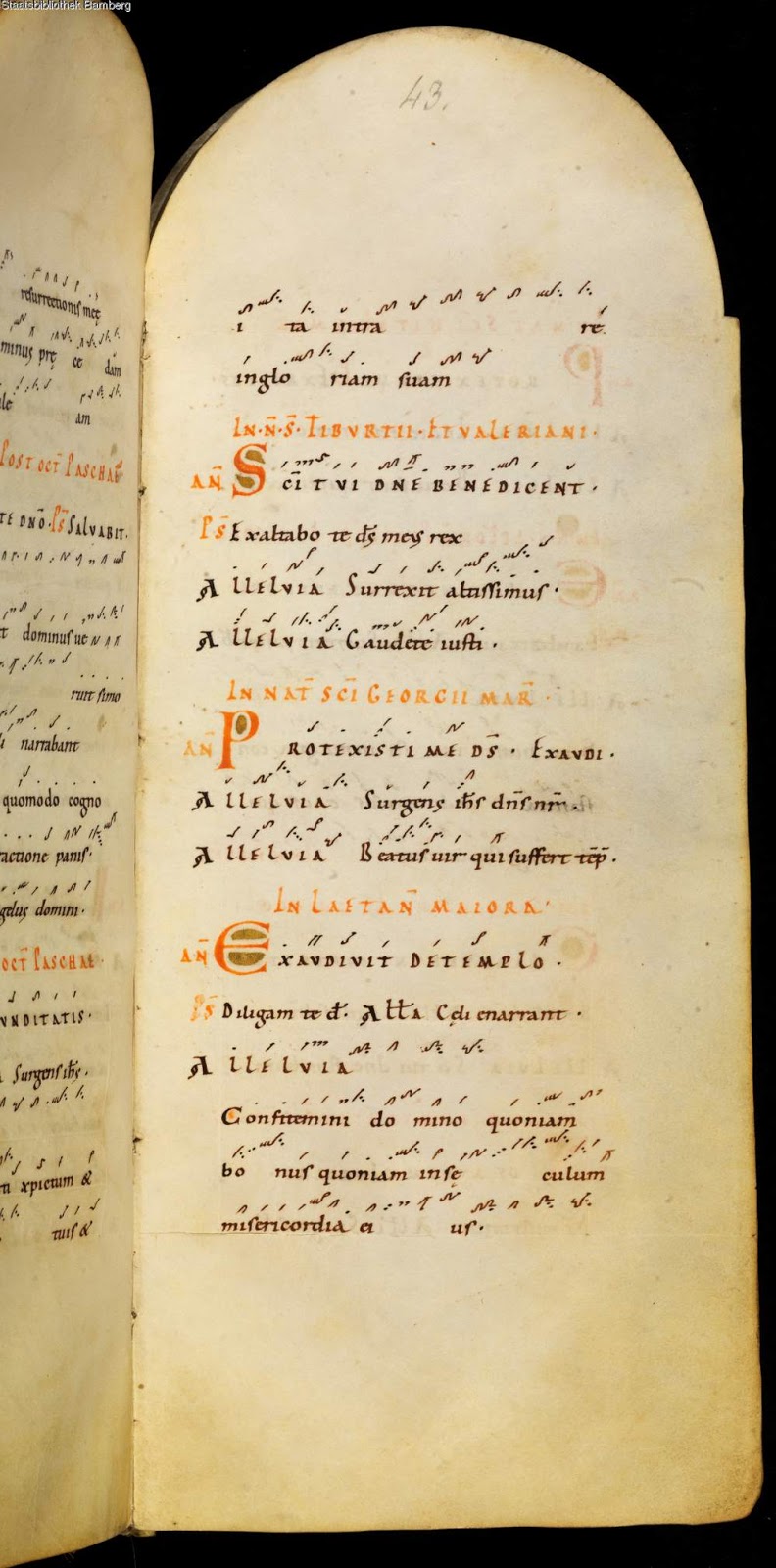O Oriens is the Antiphon sung by Anglicans before and after the Magnificat at Vespers on December 20 (December 21 in the Roman Catholic Church). It's the fifth of the eight Great "O" Antiphons sung during the week before Christmas.
Here's an English translation of the text:
Here's a video of the Magnificat, too, so you can sing the whole thing:
The text of the Magnificat comes from Luke 1; here are the words to the original Latin and the modern English (US BCP 1979) versions of this beautiful canticle, so that you can sing along if you wish.
Here's an English translation of the text:
O Day-Spring, Brightness of the Light everlasting, and Sun of righteousness: Come and enlighten them that sit in darkness and in the shadow of death.The brothers of the SSJE sing it here, to a slightly differently English translation:
Here's a video of the Magnificat, too, so you can sing the whole thing:
The text of the Magnificat comes from Luke 1; here are the words to the original Latin and the modern English (US BCP 1979) versions of this beautiful canticle, so that you can sing along if you wish.
Magnificat: anima mea Dominum.
Et exultavit spiritus meus: in Deo salutari meo.
Quia respexit humilitatem ancillae suae:
ecce enim ex hoc beatam me dicent omnes generationes.
Quia fecit mihi magna, qui potens est:
et sanctum nomen eius.
Et misericordia eius, a progenie et progenies:
timentibus eum.
Fecit potentiam in brachio suo:
dispersit superbos mente cordis sui.
Deposuit potentes de sede:
et exaltavit humiles.
Esurientes implevit bonis:
et divites dimisit inanes.
Suscepit Israel puerum suum:
recordatus misericordiae suae.
Sicut locutus est ad patres nostros:
Abraham, et semini eius in saecula.
Gloria Patri, et Filio, et Spiritui Sancto,
Sicut erat in principio, et nunc, et semper, et in saecula saeculorum. Amen.
My soul proclaims the greatness of the Lord,
my spirit rejoices in God my Savior; *
for he has looked with favor on his lowly servant.
From this day all generations will call me blessed: *
the Almighty has done great things for me,
and holy is his Name.
He has mercy on those who fear him *
in every generation.
He has shown the strength of his arm, *
he has scattered the proud in their conceit.
He has cast down the mighty from their thrones, *
and has lifted up the lowly.
He has filled the hungry with good things, *
and the rich he has sent away empty.
He has come to the help of his servant Israel, *
for he has remembered his promise of mercy,
The promise he made to our fathers, *
to Abraham and his children for ever.
Glory to the Father, and to the Son, and to the Holy Spirit: *
as it was in the beginning, is now, and will be for ever. Amen.


















.jpg)



